Bank accounts, investment funds, appointments, bill pay, concert tickets, emails, streaming entertainment, home security systems, Uber rides, air travel — these are just a handful of things much of society manages today via the internet. So what happens if a site crashes, an app malfunctions, or the net goes down?
Some of you may have noticed that in our little corner of the World Wide Web, the Flyer site went kaput for a couple of days last week. On the backend, where we upload stories for online publishing, our team was welcomed with a “critical error” message, alternated with a “502 Bad Gateway.” Visitors to memphisflyer.com — or anyone clicking previously active links shared out on social media — found a mostly blank white screen with “internal error” in small letters across the top. For our editorial staff, not being information technology specialists in the least, these error messages were quite alarming. While we do produce a print product, we rely on the web to get fresh content — not found in the weekly hard copies — out to our readers throughout the week between the printed issues. Attempts to log on were fruitless, and we sat with hands tied, plugging away at interviews and stories in the meantime, until our IT gurus worked their troubleshooting magic behind the scenes to sort out the problem. It did get sorted, and all is well. But what was merely a blip in the big picture left me with lingering concerns — and not just about memphisflyer.com.
The world has been digitized. We can — and do — purchase just about everything we need online. Our savings accounts are simply numbers on a screen when we sign in to our banking institutions’ websites or apps. Many businesses — from fast food to music venues to transit and much in between — have gone (or are going) cashless, meaning you need a card, connected to an account managed almost solely online. We read books online via electronic devices. Scan QR codes to gain entry into events. Navigate trips with pleasant automated voices telling us which way to turn. Post happy birthdays to Facebook. Order food and grocery deliveries. We effectively make entire transactions with the little black rectangles in our hands, via the internet. No check books, no paper tickets, no maps. We only need the invisible, inexplicable (to most) connection to the World Wide Web to complete a myriad of tasks.
While researching for this column, I had no fewer than 10 tabs open to various pages — our work Slack channel, my Gmail account, the Google document in which I originally typed this text, the Flyer site, our website management hub, and several pages linked to stories that appeared with a search on this topic. This will age me, but I’m sure some of you can relate: I remember when researching for a school paper or college essay required a visit to the library or the scouring of a physical Encyclopedia Britannica set. (Did you know the final 32-volume printed edition was published in 2010? It now exclusively exists as an online encyclopedia.) Working on a short deadline with the Labor Day holiday, I’d have had to start my research much sooner, digging for relevant magazine articles, academic journals, and the like if I wanted to include any concrete stats or legitimate references.
So, yes, the internet has allowed us the convenience of unlimited information — and access to literally anything — at our fingertips. But with some cost. We no longer have to retain information (or work very hard to get it). What film do I recognize that actor from? Google it. How long does it take to drive from Memphis to Fargo, North Dakota? Google it. Do turtles have a sense of smell? Hey, Google … And we’d be pretty screwed if our work disappeared into the internet ether or the numbers in our bank accounts were no longer accessible.
According to statista.com, “As of April 2023, there were 5.18 billion internet users worldwide, which amounted to 64.6 percent of the global population.”
A March 2021 Pew Research Center story, “About three-in-ten U.S. adults say they are ‘almost constantly’ online,” dives into our inadvertent reliance, noting two years ago that 85 percent of Americans “say they go online on a daily basis.”
And people were skeptical about this many years before it took such a firm hold. A Kalamazoo Gazette staffer explored the topic on mlive.com in 2010 with “Are people too dependent on the Internet?” A Teen Ink contributor answered (sort of) in 2013 with “WE ARE TOO DEPENDENT ON THE INTERNET.”
While I’m not a fan of all-caps, I think the then-teen writer wanted to make their stance clear. And, for better or worse, they weren’t wrong.


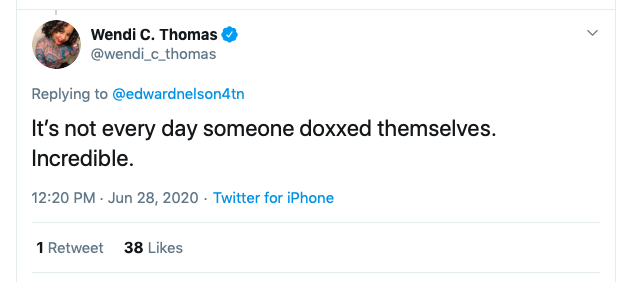
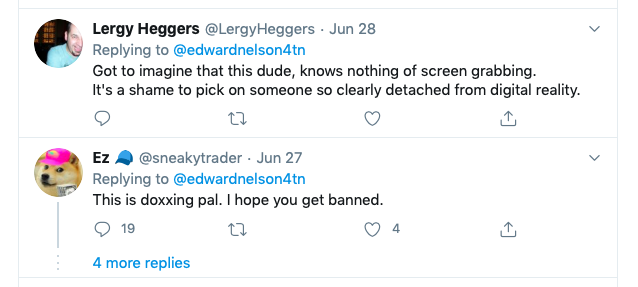
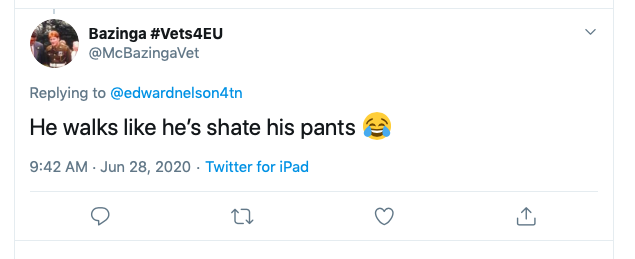
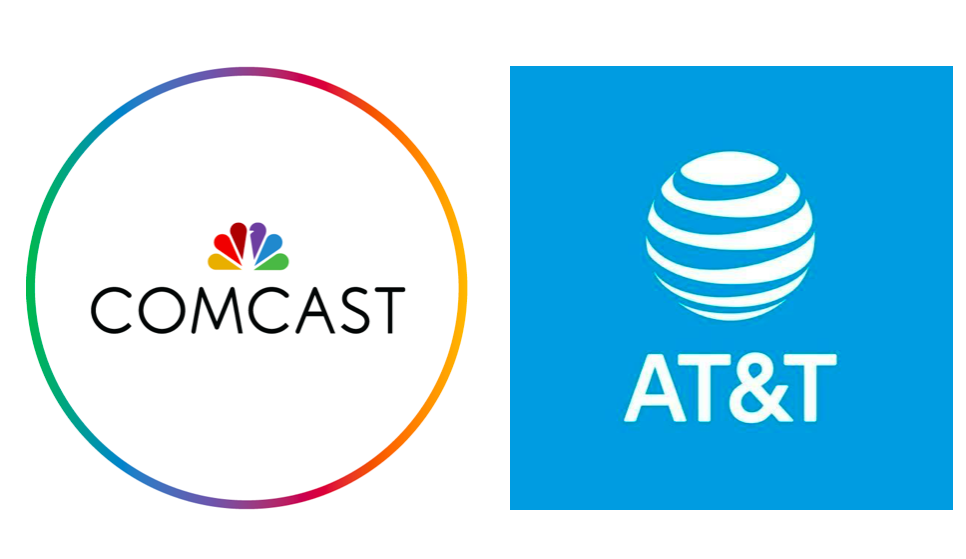 Comcast/ATT&T
Comcast/ATT&T  Justin Fox Burks
Justin Fox Burks 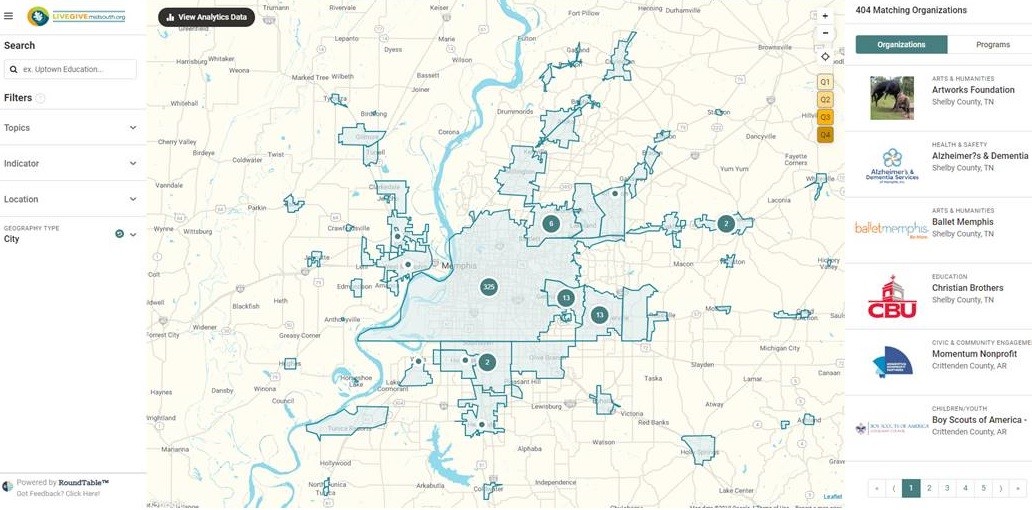 Community Foundation of Greater Memphis
Community Foundation of Greater Memphis  Community Foundation of Greater Memphis
Community Foundation of Greater Memphis